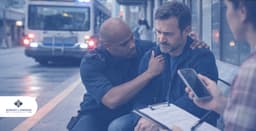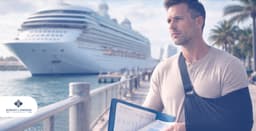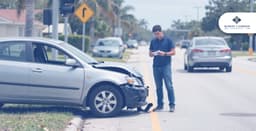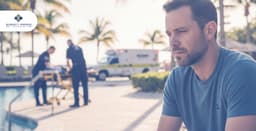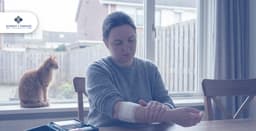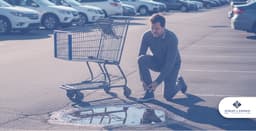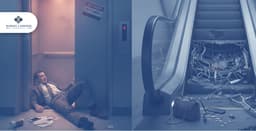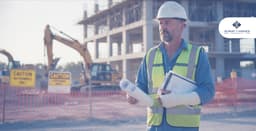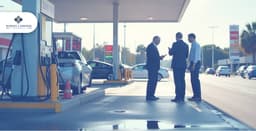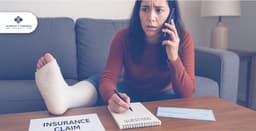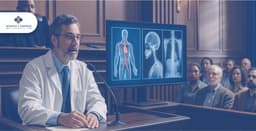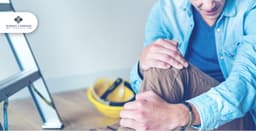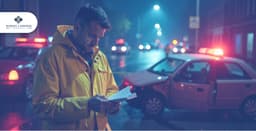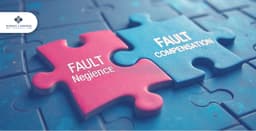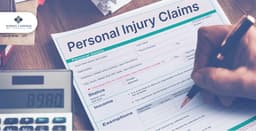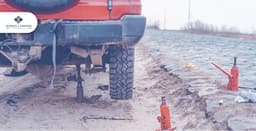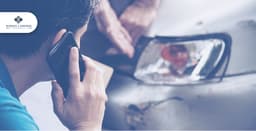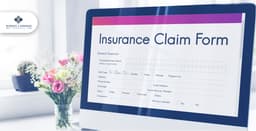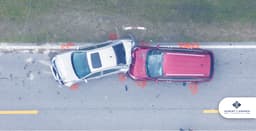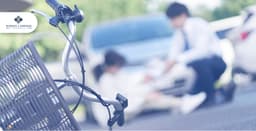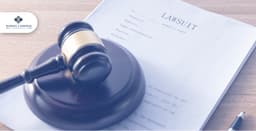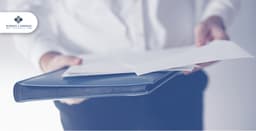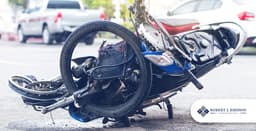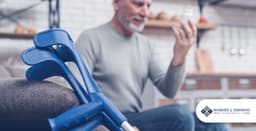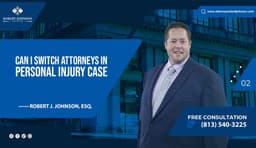
April 6, 2025
The Role of Evidence in a Personal Injury Claim
When you’ve been injured in an accident, your case isn’t just about what happened—it’s about what you can prove. In Florida, personal injury claims hinge on solid evidence. Insurance companies may undervalue or deny your claim without the right proof. However, gathering evidence isn’t always straightforward. Florida’s personal injury laws, including its comparative negligence rule, can make proving fault more challenging than you might expect.
And with insurance companies looking for any excuse to minimize payouts, even a strong case can fall apart without the right documentation. So, what kind of evidence makes a difference? And how can you ensure which evidence truly strengthens your case? Let’s break it down.
I) Essential Types of Evidence for a Florida Personal Injury Case
In Florida personal injury cases, strong evidence is essential to proving your claim and securing rightful compensation. Two primary categories of evidence are essential: physical evidence and medical records and bills.
A) Physical Evidence
Physical evidence encompasses tangible items that directly relate to the incident, serving as concrete proof of the events. Promptly preserving physical evidence is essential, as it may degrade or be altered over time. Key examples include:
Damaged Property: Items such as vehicles, clothing, or personal belongings that were harmed during the incident can vividly illustrate the accident's severity. For instance, a wrecked vehicle or torn clothing can provide insight into the force and nature of the impact.
Dangerous Conditions: Documenting hazardous conditions like wet floors, potholes, or poor lighting is vital, especially in premises liability cases. Photographs or videos capturing these conditions can demonstrate the environment's role in causing the injury.
Accident Scene Details: Elements such as traffic signals, skid marks, or debris at the scene can offer valuable context. These details can help reconstruct the events leading up to the accident, establishing factors like speed, direction, and points of impact.
B) Medical Records and Bills
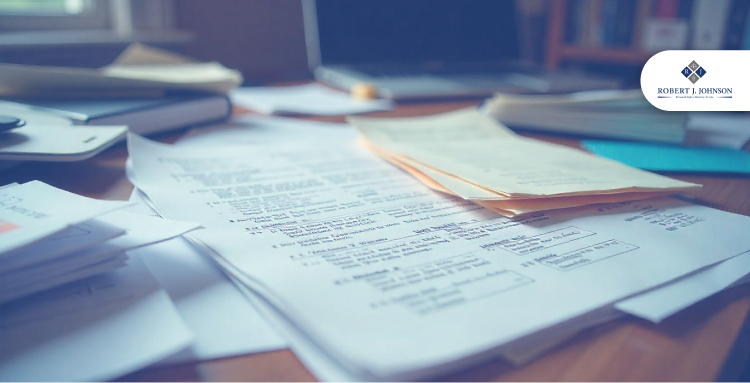
Medical documentation demonstrates the extent of injuries and the associated costs, directly influencing the compensation you may receive. Important aspects include:
Florida’s No-Fault Insurance (PIP) Law: Under Florida's Personal Injury Protection (PIP) statute, individuals injured in motor vehicle accidents must seek medical treatment within 14 days to be eligible for PIP benefits. Failure to do so can result in a denial of coverage.
Comprehensive Medical Documentation: Maintaining detailed records, including emergency room reports, physician diagnoses, treatment plans, and rehabilitation records, is important. These documents detail the medical treatments you received as a direct result of the accident, providing a clear timeline of your care.
Evidence of Pain and Suffering: Beyond tangible medical records, documenting ongoing pain, emotional distress, and the injury's impact on daily life can support claims for non-economic damages. Personal journals or testimonies from healthcare providers can serve as valuable evidence in this regard.
C) Photographs and Videos
Visual evidence serves as an unbiased account of the incident, capturing details that may be overlooked or forgotten over time. Key aspects include:
Accident Scene Documentation: Capturing the scene from various angles provides a comprehensive view of the conditions leading to the accident. This includes road conditions, traffic signals, and vehicle positions to establish fault and understand the sequence of events.
Progression of Injuries: Photographing visible injuries over time illustrates the healing process and the severity of harm endured. These images can effectively convey the physical toll of the accident, aiding in substantiating claims for pain and suffering.
Surveillance and Dashcam Footage: Existing recordings from security cameras or dashcams can offer objective perspectives on the incident. This footage may reveal critical details, such as the actions of involved parties or environmental factors, that support your version of events.
D) Witness Statements
Testimonies from individuals who observed the incident or can attest to its impact provide valuable corroboration:
Eyewitness Accounts: Individuals present during the accident can offer firsthand descriptions, strengthening the accuracy of your claims and clarifying disputed facts.
Expert Witnesses: Professionals such as accident reconstructionists or medical experts can provide specialized insights that clarify complex aspects of the case. Their expertise can elucidate causation, injury severity, or the mechanics of the incident, lending credibility to your claim.
Personal Testimonies: Statements from family members or coworkers regarding how the injury has affected your daily life can illustrate the broader impact of the incident. These accounts help demonstrate non-economic damages like emotional distress or loss of enjoyment of life.
E) Police and Incident Reports
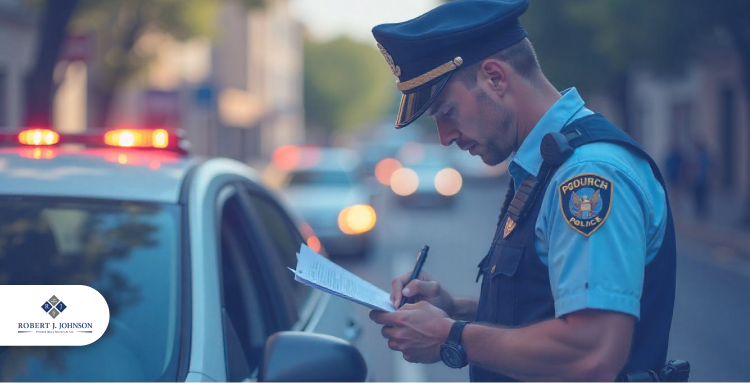
Official reports play a crucial role in establishing liability and supporting your claim. Key documents include:
Florida Crash Reports: Law enforcement officers compile these reports after responding to accidents, documenting their observations, accident scene diagrams, and preliminary fault assessments. These reports serve as foundational evidence in legal proceedings, though they are not definitive regarding liability. More for you: The Most Common Causes of Car Accidents in Florida and How to Avoid Them
Business Incident Logs: For slip-and-fall accidents or workplace injuries, businesses maintain incident logs detailing the circumstances of the event. These records can reveal whether the business was aware of hazardous conditions and whether appropriate measures were taken, influencing the determination of negligence.
911 Call Transcripts: In incidents involving emergency responses, 911 call transcripts can provide real-time accounts of the situation, offering insights into the immediate circumstances and potential contributing factors leading up to the incident.
F) Financial Documentation
Documenting financial losses is essential to substantiate claims for economic damages resulting from personal injuries. Consider these important documents:
Lost Wages and Reduced Earning Capacity: Florida's Personal Injury Protection (PIP) insurance covers 60% of lost wages up to a $10,000 limit. To claim this benefit, provide evidence such as pay stubs, employer statements, and documentation of missed workdays. If injuries lead to diminished future earning capacity, expert testimony may be necessary to project potential income losses.
Medical Expenses Beyond PIP Coverage: PIP insurance may not cover all medical expenses. Keep detailed records of medical bills, including treatments, medications, and therapies not paid by PIP. This documentation is necessary for pursuing additional compensation from at-fault parties.
Receipts for Injury-Related Costs: Maintain receipts for all expenses related to your injury, such as prescription medications, medical equipment, and transportation costs for medical appointments. These receipts provide tangible evidence of out-of-pocket expenses incurred due to the injury.
II) How Evidence Impacts Personal Injury Settlements

The strength and presentation of evidence significantly influence settlement negotiations, trial outcomes, and the application of comparative negligence principles. Let’s take a closer look at the greater impacts:
Negotiations with Florida Insurers: How Evidence Prevents Undervaluation
Stronger evidence empowers plaintiffs during settlement discussions with insurance companies, reducing the likelihood of undervalued offers. Comprehensive documentation, including medical records, accident scene photographs, and witness statements, substantiates the severity of injuries and the circumstances of the incident. This substantiation compels the insurance company to offer fair compensation aligned with the proven damages. Conversely, inadequate evidence weakens a claimant's position, making it challenging to contest low settlement proposals.
Courtroom Battles: Why a Lack of Evidence Weakens a Case
In the courtroom, the absence of compelling evidence can severely undermine a personal injury case. Without tangible proof establishing liability and quantifying damages, juries may be unable to ascertain the facts accurately, leading to unfavorable verdicts.
For example, in the landmark case Hoffman v. Jones, the Florida Supreme Court's adoption of comparative negligence highlighted the necessity of clear evidence to determine each party's degree of fault. Thus, presenting concrete evidence is crucial for persuading the court and achieving a favorable outcome.
Comparative Negligence Rule: How Florida Courts Assess Fault Percentages
Florida operates under a modified comparative negligence system, where a plaintiff's recovery is reduced by their percentage of fault, and individuals found 51% or more at fault are barred from compensation. This framework necessitates meticulous evidence collection to apportion fault accurately.
For instance, in Walt Disney World Co. v. Wood, the court evaluated the respective fault of each party involved, demonstrating how evidence influences fault determination and, consequently, compensation. Therefore, thorough and precise evidence is essential to navigate Florida's comparative negligence system effectively.
More Insights to Avoid Legal Pitfalls:
How Proper Evidence Can Make or Break Your Personal Injury Claim
When you’re hurt in an accident, the success of your personal injury claim depends on proving your case with solid, well-documented proof. Whether it’s medical records showing the extent of your injuries, witness statements recounting the accident, or photographs of the scene, every piece of evidence adds weight to your claim.
With over 20 years of experience in the legal and insurance industries, ROBERT J. JOHNSON, ESQ. knows how vital it is to gather the right evidence and use it to its full potential. Strong evidence not only ensures that your injuries are taken seriously but also plays a key role in preventing insurers from undervaluing your claim. The more thorough and accurate your evidence, the stronger your case will be, whether you're negotiating a settlement or taking your case to court.
If you've been injured, contact us for a FREE CASE EVALUATION. Your journey to recovery starts here, let’s make sure you get the justice you deserve.
